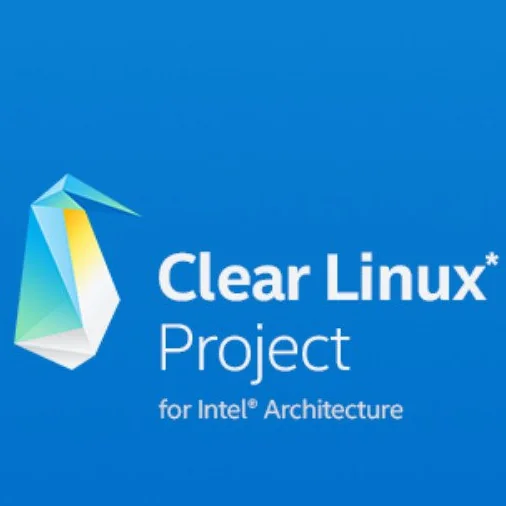Intel's Clear Linux Already Forging Plans To Land GCC 9 & LLVM 8

GCC 9 is expected for release in March or April and Intel's Clear Linux is planning for punctually shifting over to this new compiler stack that brings improved/new CPU support, new C++2A features, the D language front-end, and a lot of other features. Clear Linux is also planning on adding the soon-to-be-released LLVM 8 compiler stack, which they use for selectively building some of their packages where Clang yields faster binaries as well as being important for the likes of the AMDGPU compiler back-end. It will certainly be fun to benchmark the before/after of Clear Linux when shifting to the new compiler and having all of their packages rebuilt, since most other Linux distributions will be moving to GCC 9 later in the year or still some weeks out in the case of Fedora 30. Thus with Clear Linux we'll have an early look at the effects of an entire system stack built under the new compiler.
Their toolchain update plans are spelled out in this mailing list post. They also plan to enable Position Independent Executables (PIE) by default around the same time. Separately, they also laid out their plans for transitioning to systemd 241 next week.
With having personally switched to running Clear Linux on my main production workstation a few weeks ago, these upcoming low-level upgrades will be a real test for seeing how smoothly they can roll out such significant changes in a suitable fashion with their packaging system.
11 Comments

